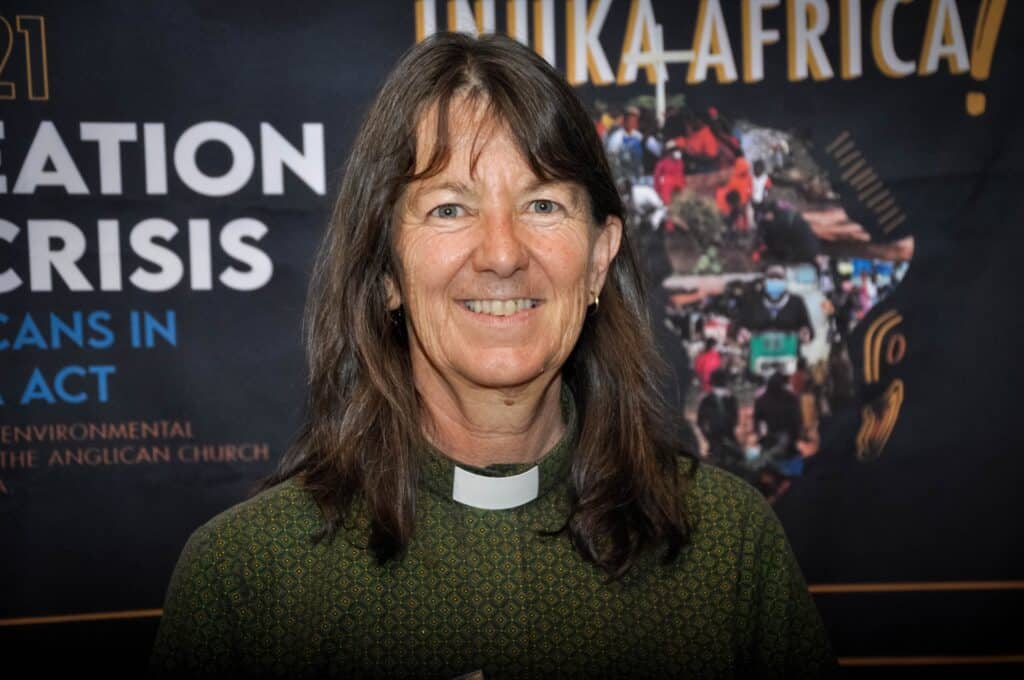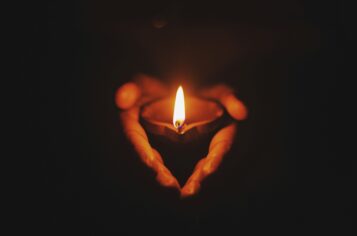
Rev Dr Rachel Mash shows how the climate crisis is driving global conflict and how healing our relationship with creation has become an urgent call on every peacemaker.
(Guest blog for the International Day of Peace 2023)
“The era of global warming has ended; the era of global boiling has arrived,”
UN Secretary General, António Guterres
Speaking at a leadership summit, the US Secretary of Defense, Lloyd J Austin III said this:
“Today, no nation can find lasting security without addressing the climate crisis. We face all kinds of threats in our line of work, but few of them truly deserve to be called existential. The climate crisis does,” ..”climate change is making the world more unsafe and we need to act.”
What are the implications for peace if we do not respond to the existential threat of climate change?
Climate change is not the direct cause of war but – by increasing poverty and hunger, undermining human rights and increasing forced migration – climate change increases the risk of conflict.
Last year on Pentecost Sunday, a brutal massacre took place in St Francis Catholic Church in the Northwest of Nigeria. Over forty people died in a gun and bomb attack widely attributed to the Islamic State – West African Province (ISWAP)
Expressing his condolences to the people, the President of Ireland said:
“That such an attack was made in a place of worship is a source of particular condemnation, as is any attempt to scapegoat pastoral peoples who are among the foremost victims of the consequences of climate change”.
What does climate change have to do with a brutal Islamic State attack on a Christian Church?
In Northern Nigeria farmers and herders – also called ‘pastoralists’ – have cohabited for decades. The mostly-Muslim herders and the mostly-Christian farmers developed symbiotic relationships through economic exchanges, and ecological support. After the fields were harvested, the herders would arrive, bringing milk and meat, buying crops from the farmers and then the cattle would be left to graze, fertilizing the farmers’ fields.
Climate change is leading to increased desertification and soil degradation forcing the herders to change their migratory patterns and times of travel as they move with their cattle in search of pasture and water . Now they often arrive while the crops are still in the fields, causing damage to the harvest. Farmers are increasingly carrying guns to protect their farms.
The situation has led to thousands of deaths, with herdsmen often blamed.
According to Amnesty International, more than 1,500 deaths were caused by farmer-herder conflict in 2020 alone and over 300,000 people displaced. The conflict has claimed more lives than the much more publicized Boko Haram insurgency. The violence is undermining national stability and increasing ethnic and religious polarization.
Climate change did not cause the massacre in St Francis Church on Pentecost Sunday, but it did create the conditions which would make it more likely.
Globally, drought, flooding, sea level rise and catastrophic weather events are leading to ever-increasing conflict over access to water and fertile land.
Without urgent action on climate change in order to avoid reaching unstoppable catastrophic tipping points, violence and war will become inevitable.
We have a choice, we must take our foot off the accelerator, stop new fossil fuel projects, halt deforestation and re-green the Earth.
‘This day I call the heavens and the earth as witnesses against you that I have set before you life and death, blessings and curses. Now choose life, so that you and your children may live’
Deuteronomy 30:19
We no longer have a choice – we must choose life.
(Photo by Matt Palmer on Unsplash)

Rev Dr Rachel Mash is the environmental Coordinator of the Anglican Church of Southern Africa (South Africa, Eswatini, Lesotho, Namibia).



